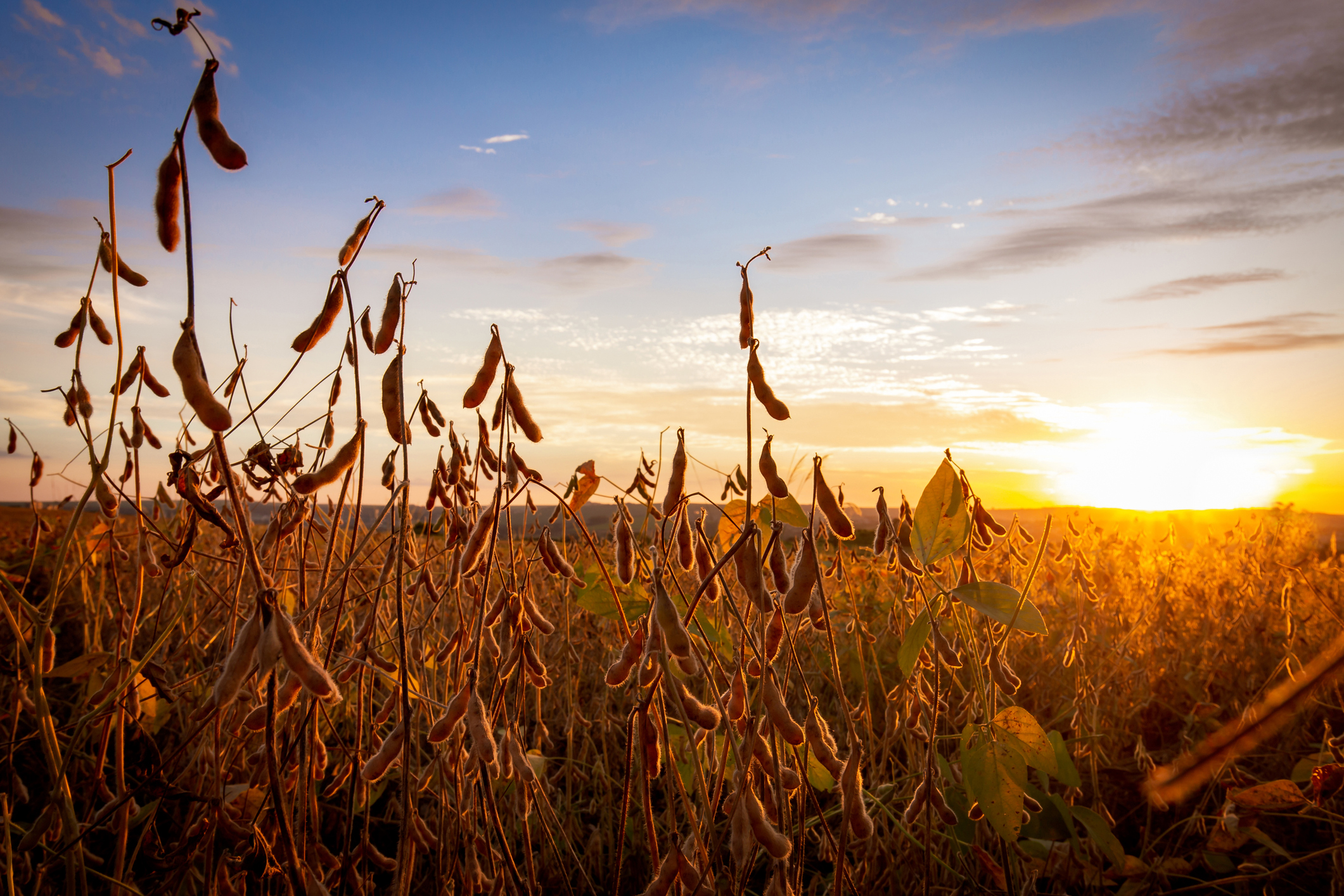Riding the Climate Rollercoaster: Extreme Weather Threatens Global Food Security
| |

The future of the world’s food supply is facing a new and unsettling threat—not just declining average yields, but hotter and drier conditions creating a new and dangerous reality for global food production: extreme volatility. A new study, published in an open-access paper in the journal Science Advances, reveals that climate change is causing wild year-to-year swings in crop harvests, a phenomenon that researchers are calling the “new normal.”
The research focuses on three of the world’s most important food crops: corn, soybeans, and sorghum, and finds that climate change is causing wild swings in year-to-year harvests. For decades, the focus of the impact of climate on agriculture has been on the gradual, long-term decline of crop yields. This groundbreaking research, however, uncovers a compounding danger, which is the instability of the global food system. The study, led by researchers at the University of British Columbia, shows that hotter and drier conditions are making food production more erratic.
Stark findings show an exponential increase in crop failures
The findings are stark. The research shows that for every one degree Celsius of warming, the year-to-year variability of corn yields rises by 7%, soybeans by 19%, and sorghum by 10%. This means that the "once-in-a-century" crop failures we have historically known could soon become a regular occurrence. The study predicts that at just two degrees of warming above the present climate, a soybean crop failure that once happened every 100 years could strike as often as every 25 years. Corn failures could go from once a century to every 49 years, and sorghum failures to every 54 years.
The authors attribute this phenomenon to a "double whammy" of heat and dryness that increasingly occur together. Hot weather dries out the soil, which in turn amplifies heatwaves, creating a feedback loop that devastates crops. Even brief periods of these combined stresses can devastate crops by disrupting pollination, shortening growing seasons, and pushing plants past the point of recovery.
Technology and global collaboration create pathways to resilience
While irrigation can help in regions where water is available, many of the most vulnerable areas in the world already face severe water shortages. The study's authors emphasize the urgent need for investment in resilient agriculture, including the development of heat- and drought-resistant crop varieties, improved weather forecasting, and stronger safety nets such as crop insurance. However, the most reliable solution remains addressing the root cause: a significant reduction in emissions to curb global warming.
This research highlights a critical, often overlooked dimension of the climate crisis. It's not just about producing less food, but about the unpredictability of that production. As the planet warms, the global food system will be forced to ride a more turbulent rollercoaster, putting financial strain on farmers and heightening the risk of hunger for millions worldwide.
Scientists sound alarm on climate change impacts on global food supply
A paper in Trends in Plant Science published in December 2024 warns that without rapid development of climate-resilient crops, the world could face widespread food shortages that could lead to famine, mass migration, and global instability. The issue is a vicious cycle, as agriculture is both a victim of climate change and a contributor to greenhouse gas emissions.
The researchers, led by Silvia Restrepo, president of the Boyce Thompson Institute, present two major findings from their study. First, climate change will likely exacerbate agricultural production's already large negative environmental impacts. It would do so by directly and negatively affecting agricultural productivity, reducing the efficacy of agrochemicals, and increasing crop pests and soil erosion. Second, agriculture accounts for almost a quarter of global GHG emissions, and its response to climate change could create a powerful positive GHG feedback loop through multiple pathways.
The researchers propose that biotechnology, which has already helped create more resilient crops, is a key part of the solution. They stress the need for unprecedented global collaboration among scientists, farmers, and policymakers to create resilient agricultural systems and ensure food security. A separate review in Science Advances also reinforces these findings, noting that climate change will likely worsen agriculture's negative environmental impacts.
Conclusion
The findings from recent studies published in Science Advances and Trends in Plant Science paint a stark and urgent picture: the threat to global food security is no longer just a matter of declining average crop yields. The more immediate and dangerous reality is the exponential increase in volatility caused by extreme weather events. As the planet warms, the "double whammy" of heat and dryness will make historic crop failures a far more frequent occurrence, creating a global food system that is both unstable and unpredictable.
While the development of climate-resilient crops and improved agricultural technology is a crucial part of the solution, they are not enough. The research makes it clear that the most reliable path to safeguarding our food supply is to address the root cause of the problem: a significant reduction in global greenhouse gas emissions. Ultimately, the stability of our planet's food system and the well-being of millions of people worldwide depend on immediate, unprecedented, and collaborative action.
For Further Reading:
- Climate Change is Making Rollercoaster Harvests the New Normal
- Scientists Call for Urgent Action As Climate Change Threatens Global Food Supply
- Cultivating Resilience: How Biotech Shapes Climate-Smart Agriculture in Asia and Australasia
| Newer Post | Archive | Older Post |
Science Speaks is ISAAA Inc.'s official blog. Weekly blog articles, authored by ISAAA writers, partners, and invited contributors, aim to help share, disseminate, and promote scientific knowledge and its vital role in achieving global agricultural sustainability and development. Your support to Science Speaks will help us achieve this goal. You can help us by donating as little as $10.

